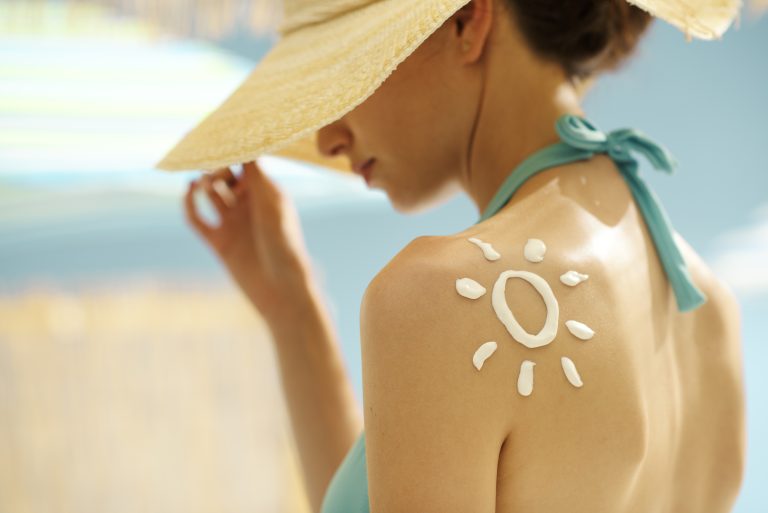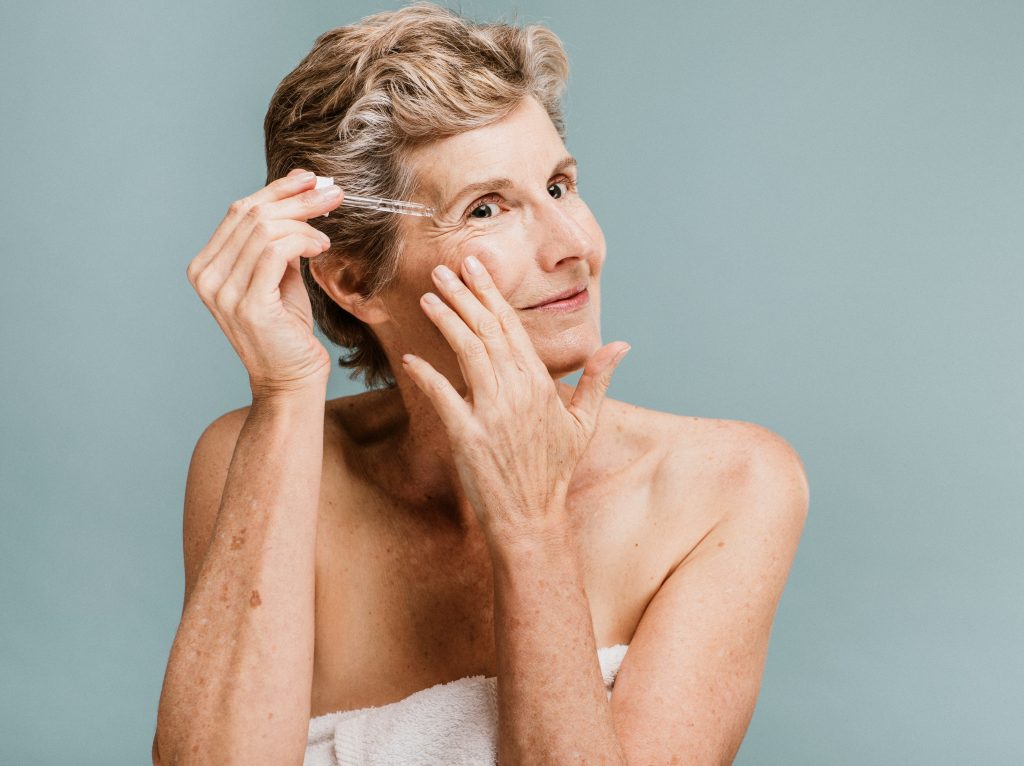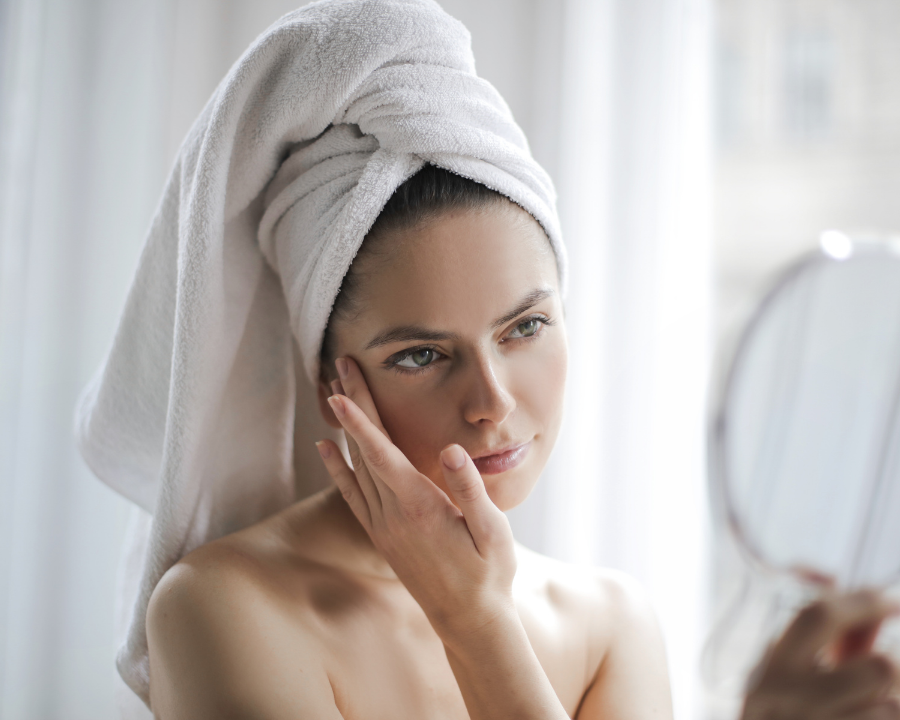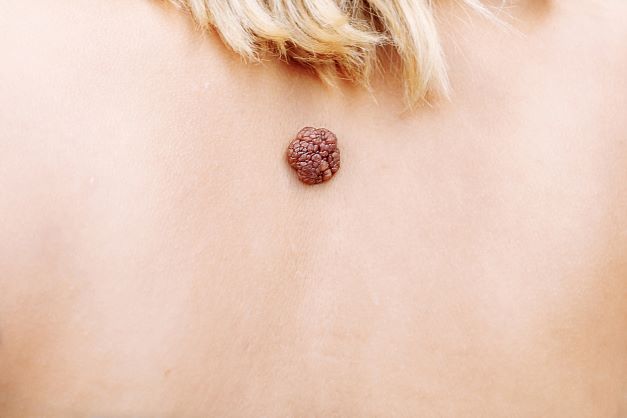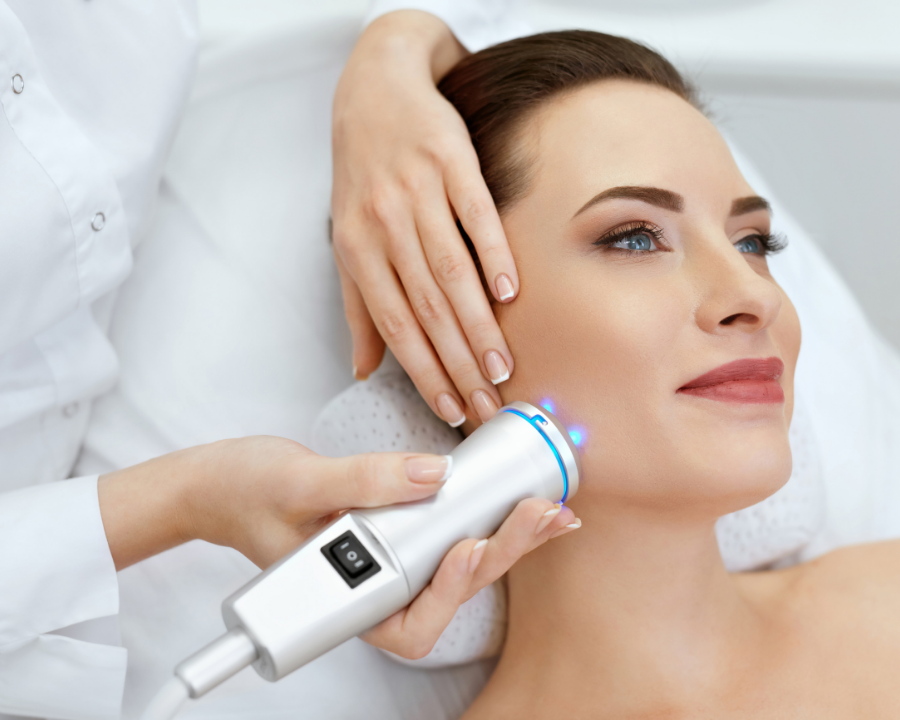The Importance of Sun Protection
Sun protection is important for everyone, but it is especially important for those with sensitive skin.
Skin cancer rates are on the rise and it’s never too late to start protecting your skin. It’s time to take action and make sure that you’re using the right protection. A sunscreen is a cream, lotion, ointment, spray, or balm that absorbs and reflects UV radiation (Visible Light Spectrum) coming from the sun.
How to Choose the Right Type of Sunscreen for Your Skin Type
Sunscreen is a necessity to have for everyone, but it can be overwhelming to find the right one for your skin type.
We will go through some of the most important factors you should consider when choosing a sunscreen. First, you should know that there are 2 types of sunscreens: chemical sunscreens, and physical sunscreens. Physical sunscreens use zinc oxide or titanium dioxide to reflect UV rays off the skin. Chemical sunscreens use chemicals like avobenzone and oxybenzone to absorb UV rays before they reach the skin. Mineral sunscreens use ingredients like zinc oxide and titanium dioxide to absorb UV rays before they reach the skin. Mineral aka physical sunscreens are effective at providing a good level of sun protection and have been shown to be better at blocking UVA than standard sunscreens.
If you have sensitive skin or are prone to breakouts, then you may want to choose a mineral sunscreen.
How to Apply Sunscreen Correctly for Optimal Results
The use of sunscreen is often a source of confusion. The first step in applying sunscreen is to find the right formula for your skin type. Next, you need to choose a sunscreen that has broad-spectrum protection and water resistance (if you are going to be in or near water). Read the instructions on the bottle and apply it accordingly.
Next, we will discuss how to apply sunscreen correctly for optimal results:
– Apply a generous amount of sunscreen 15 minutes before going outside
– Apply liberally and evenly 20 minutes before sun exposure
– Reapply every two hours or after swimming or sweating Water-resistant for up to 80 minutes, 20 For SPF
How Much Sunscreen Should You Apply? If you are planning to spend a lot of time in the sun, you should be applying at least 30+ SPF. If you are going to be outside for under an hour, you only need 2-3 tablespoons of sunscreen. One tablespoon is enough if it’s overcast and not sunny. If you are going to be outside for more than an hour, you need 3-4 tablespoons of sunscreen. You will know if your sunscreen starts to wear off when it appears white on your skin or dries up and flakes.
How Long Should I Wait To Reapply My Sunscreen?
When it comes to applying sunscreen, you should be diligent and reapply it often. The question is, how often should you reapply your sunscreen?
Sunscreen is a type of topical medication that protects the skin from ultraviolet (UV) radiation. It typically contains organic compounds that absorb or scatter UV radiation and inorganic compounds that physically block UV radiation.
The FDA recommends reapplying sunscreen every two hours and after going in the water or toweling off. This time frame can vary depending on the level of activity and intensity of UV exposure.
It is important to note that not all sunscreens are created equally, so it is important to read the label before purchase. .”Fragrance-free”, is a type of sunscreen that does not contain any fragrance. This means that you will not smell the product when using it, which is important if you are buying a product for kids as they might find the smell unpleasant. “Broad Spectrum SPF 30+”, means that the sunscreen has a high level of protection against both UVA and UVB rays. This is what you want if you are planning to be outside for an extended period of time.
Protection Matters Most When It Comes To Skin Health
People are becoming more and more aware of the importance of skin health. They know that they need to protect their skin from UV rays, pollution, and other harmful factors.
One of the main reasons for using skincare protection is to prevent skin irritation and inflammation. Healthy skin is beautiful skin.

